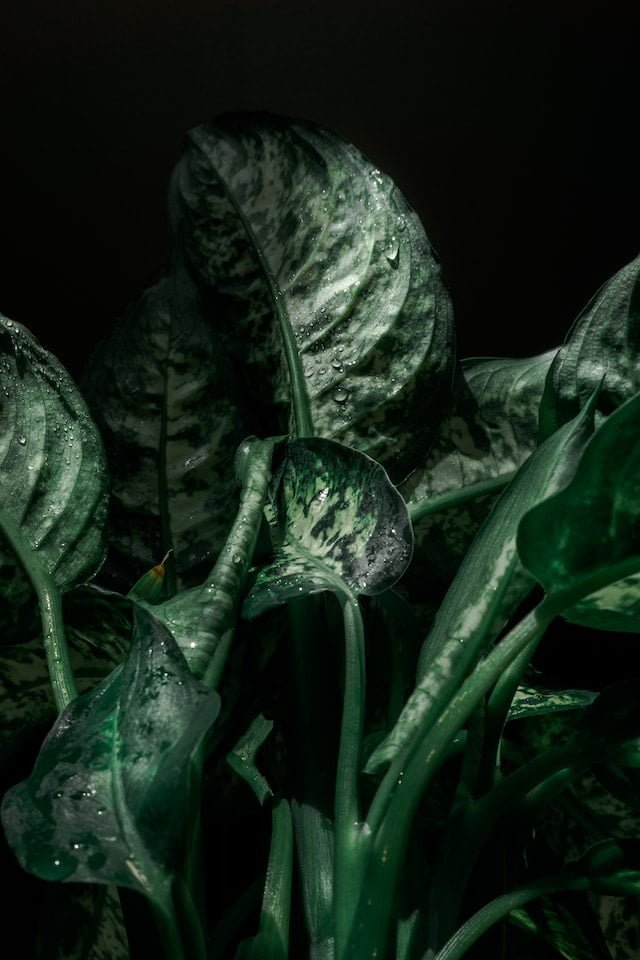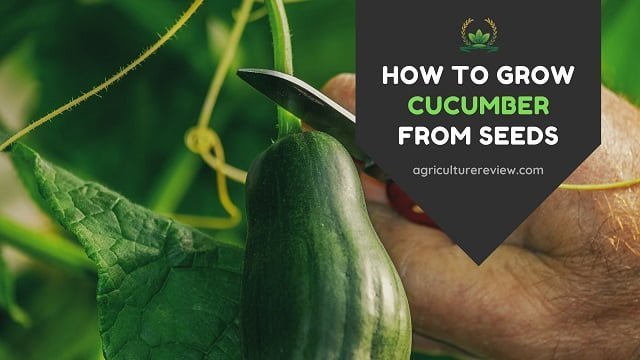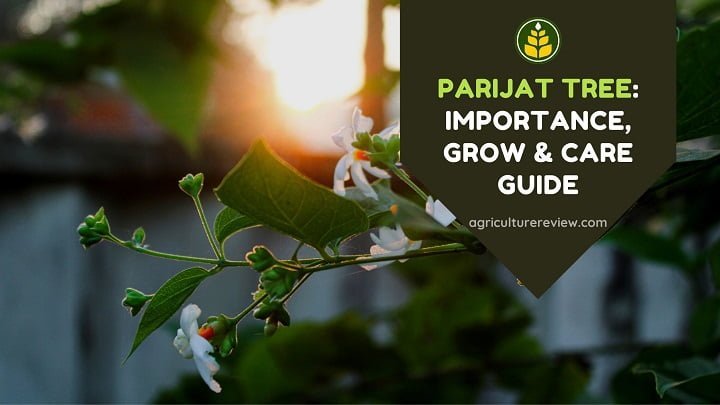Dumb canes are one of the eye-catching house plants. They belong to the genus Dieffenbachia of tropical flowering plants. They can be grown as an ornamental house plants very easily in the tropical regions.
I have grown various varieties of Dieffenbachia in my indoor space. Nowadays I am keeping dumb cane plants in my bedroom that receives filtered sunlight throughout the day from glass windows and in terrace garden under semi-shade area.
They are perennial herbaceous plants that have a nearly straight stem with simple and alternate leaves that have white spots and flakes. This makes this plant quite attractive.
Although plant parts are toxic and can cause burning sensation and erythema but is rarely life-threatening therefore it is advised to handle this plant with care and keep them away from kids and pets.
How To Care For Dumb Canes?
You can grow this plant in your indoor space as well as in outdoor space that receives at least 2 to 3 hours of indirect sunlight. I have kept my dumb plants near an east-facing window in my bedroom.
Growing Season: You can grow these beautiful plants via cuttings from March to October in tropical regions. Spring and rainy seasons are the best time to prepare new plants from cuttings.
READ MORE: 13 BEST INDOOR PLANTS TO MAKE YOUR HOME HEAVEN
Pot Selection: For growing dumb canes select a small to medium size earthen or cemented or plastic container according to the size of your plant with 3 to 4 drainage holes to facilitate excess water out from the pot.
Potting Mix: Prepare your potting mix with 80% garden soil and 20% organic compost. Mix it thoroughly and pour it in the growing container.
Sunlight: Dumb cane require filtered sunlightthroughout the day. If you are growing this plant in a terrace garden or outdoors then keep this plant in a semi-shade area.
I am growing this plant outdoors as well as indoors. I keep it near to an east-facing window that receives filtered sunlight. In winters whenever I notice the sunny days I take my dumb canes outdoor for sunbath for some time.
READ MORE: GROW THESE 5 BEST FLOWERING PLANTS IN JUNE
Watering Frequency:During the summer season, they require more amount of water than in winter. I water my plants when I notice the top layer of the soil drying out. It is the best method to water your plants.
Make sure that water does not stand in the pot for longer duration as it can affect the roots of your plant.
In winter I water twice a week. I do not apply an overdose of water. I fill my pot half an inch above the soil layer and then water leaches down through the soil pores.
Fertilizers: Dumb cane do not need much fertilizers to grow. I apply a handful of organic fertilizer once in every 30 days interval and that works well.
Repotting: They grow to a good length in a year. Change your pot annually to a larger size according to the growth of your plants.
Pest & Diseases: Dumb cane normally do not get infected with any pests and diseases. But if you notice spider or mites on the plant then spray neem oil mix.
READ MORE: HOW TO PREPARE NEEM OIL SPRAY
In case of browning of the tip of the leaves, remove the affected part immediately from the plant.
How To Propagate Dumb Canes?
You can either purchase dumb canes directly from the nearest plant nursery or can propagate the plant that is already present in your home from cuttings. While growing in pots new plants generally comes out from the main plant as offsets. With the help of a knife take out this newly grown plant from the base along with roots.
Place this plant in a new container and pour soil around the base of this new plant and fix it by gently pressing the soil around the base of your plant. Water the pot gently and keep it under the semi-shade area for at least 15 to 20 days to establish your plant efficiently in the pot.
You can also grow this plant from stem cuttings.
Dumb Cane Plant Benefits
These plants are known to improve air quality by filtering harmful chemicals like toluene from the air and absorbing CO2 from the air.
Dumb canes in the garden create a tropical look and is very easy to care for plants.





